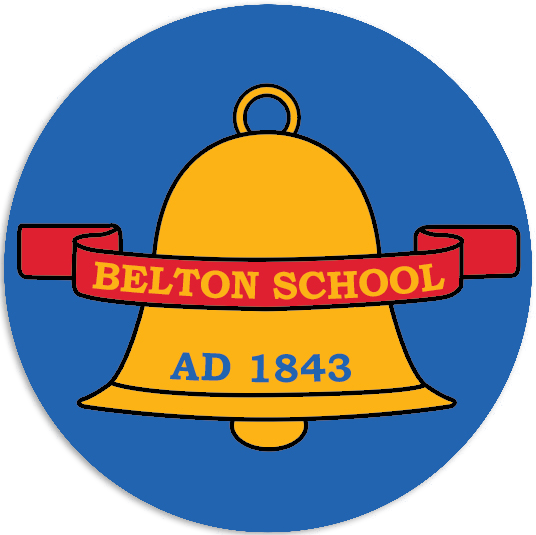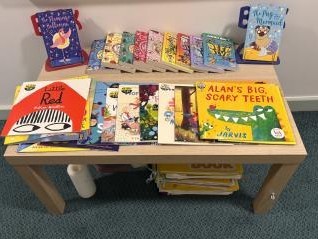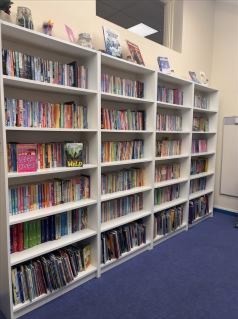Our Bookmark Challenge is designed to encourage children to develop a love of reading both at home and at school. Each child will receive a special bookmark that can be ticked off up to twice a day. Either for listening to a story or for reading to an adult. The more they read, the more ticks they collect, and the more chances they have to win! Every two weeks, all completed bookmarks will be entered into a fortnightly draw, where children can win a brand-new book to take home and enjoy. It’s a fun and motivating way to make reading a regular part of every day!


